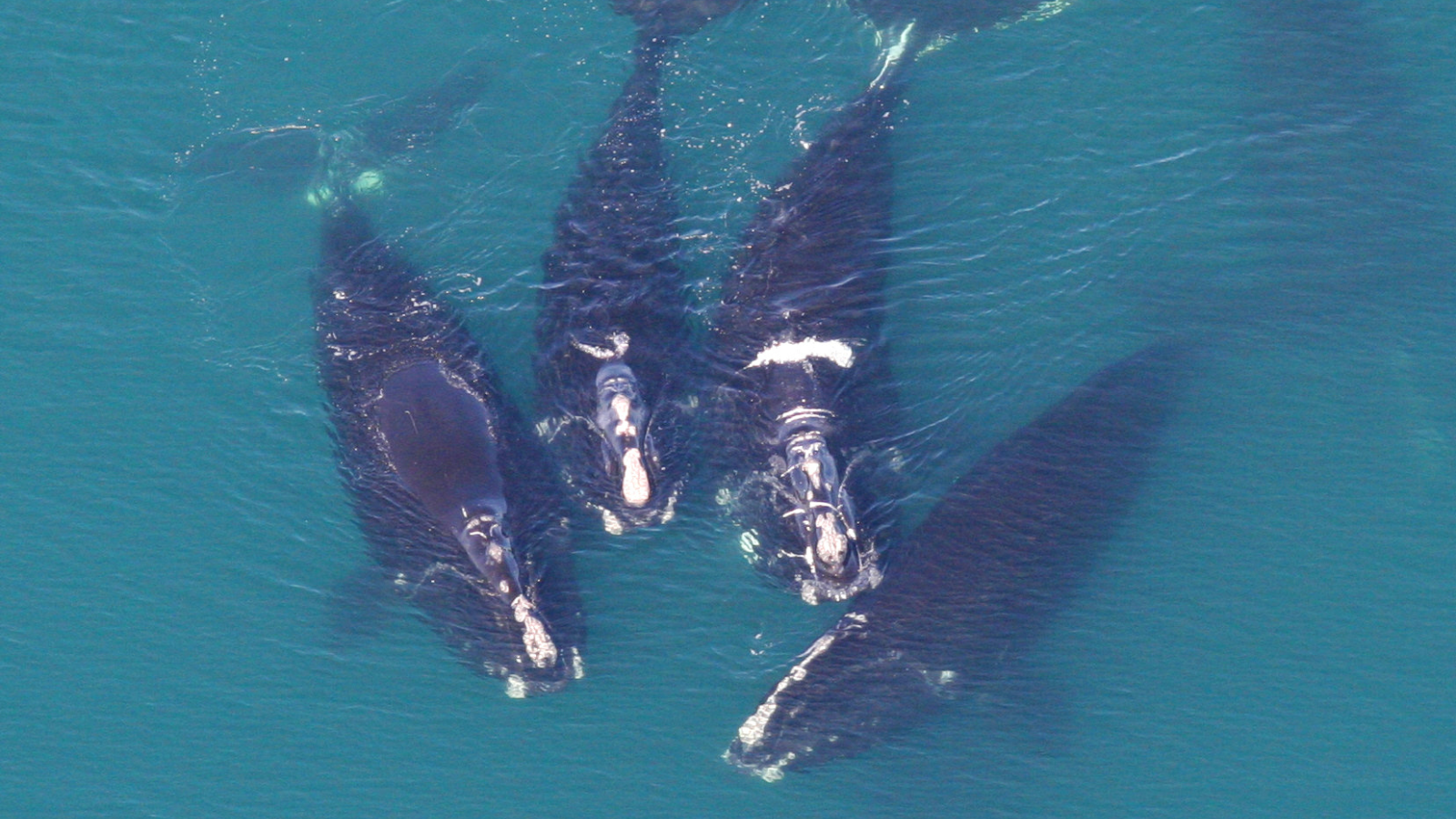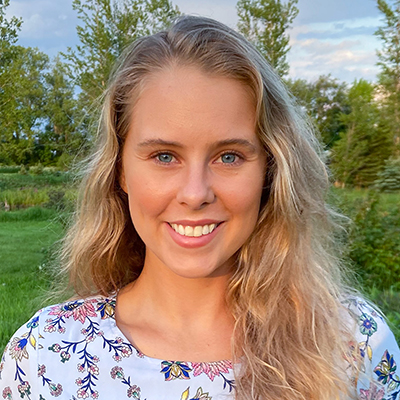
Federal government denies emergency protection for endangered right whales
NOAA’s improved ‘vessel speed rule’ is on track, but protections against boats are not coming fast enough
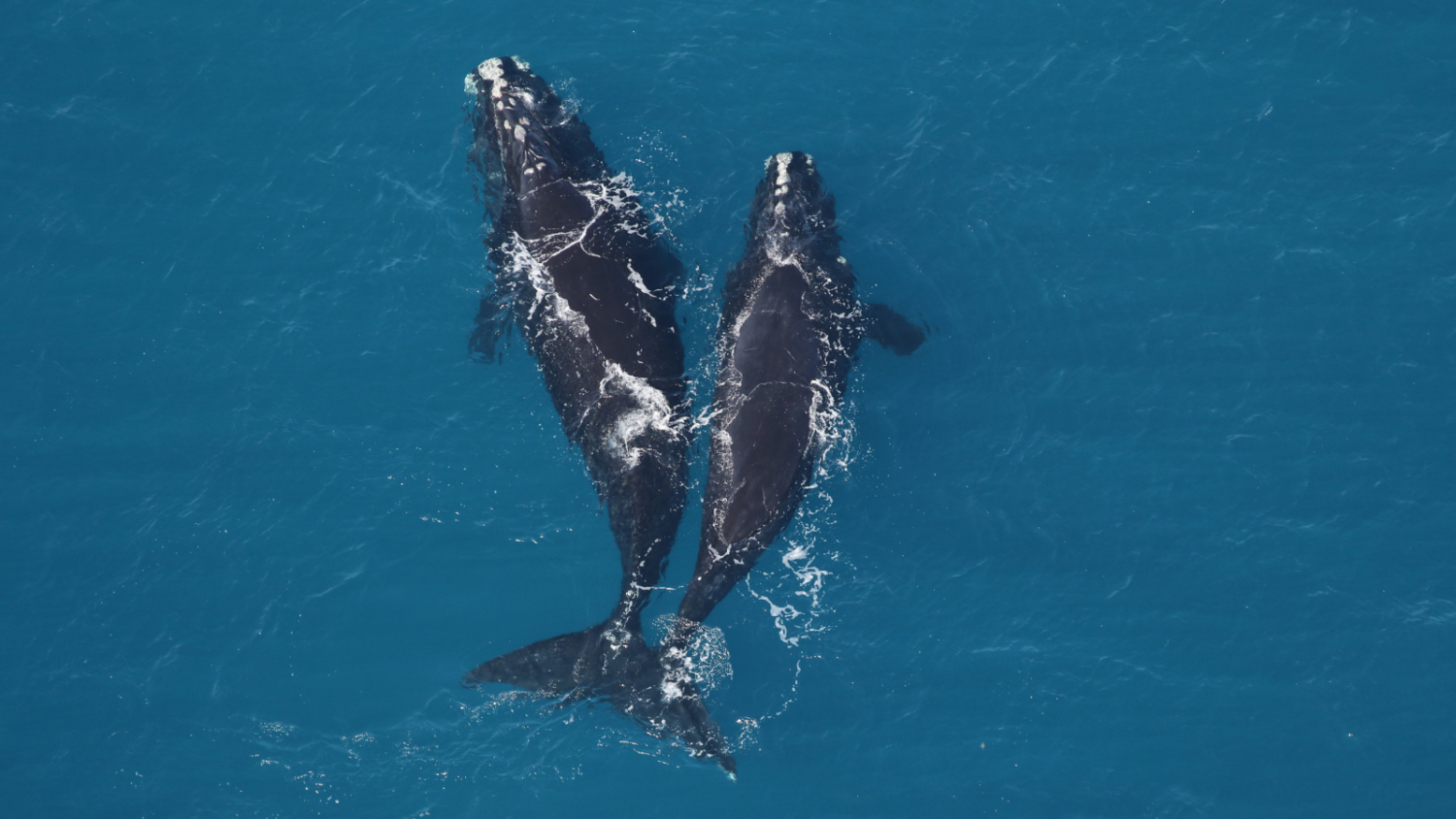
On Friday, the National Oceanic and Atmospheric Administration (NOAA) rejected a petition to implement emergency protections for right whale mothers and calves. Environmental groups had urged NOAA to implement speed reduction rules for vessels boating in calving grounds for the 2022-2023 season. NOAA is expected to amend the “vessel speed rule” in 2023 to benefit the endangered whales long-term, but the agency has not released a definitive timeline.
With fewer than 340 of the species remaining, scientists say we cannot afford to lose a single one per year. We are in the middle of calving season, and mothers and newborns are particularly vulnerable to vessel strikes. With only 70 or so reproducing females and low birth rates, every birth is a celebration, but vessel strikes threaten to turn fortune into tragedy.
Since 2017, these whales have suffered from what NOAA calls an “ongoing unusual mortality event.” At least 11 have died from boat collisions, making vessel strikes the number one cause of right whale deaths and the second-leading cause of deaths and serious injuries combined.
NOAA released proposed changes to the vessel speed rule in August 2022. At the time, Environment America applauded the proposal and delivered petition signatures from more than 21,000 Americans supporting the plan to the agency. But Friday’s decision delays making whales safer at a time when NOAA needs to speed up protections to slow down ships. Denying immediate protection endangers the future of the right whale species.
Topics
Authors
Steve Blackledge
Senior Director, Conservation America Campaign, Environment America
Steve directs Environment America’s efforts to protect our public lands and waters and the species that depend on them. He led our successful campaign to win full and permanent funding for our nation’s best conservation and recreation program, the Land and Water Conservation Fund. He previously oversaw U.S. PIRG’s public health campaigns. Steve lives in Sacramento, California, with his family, where he enjoys biking and exploring Northern California.
Virginia Carter
Former Save America's Wildlife Campaign, Associate, Environment America
Find Out More
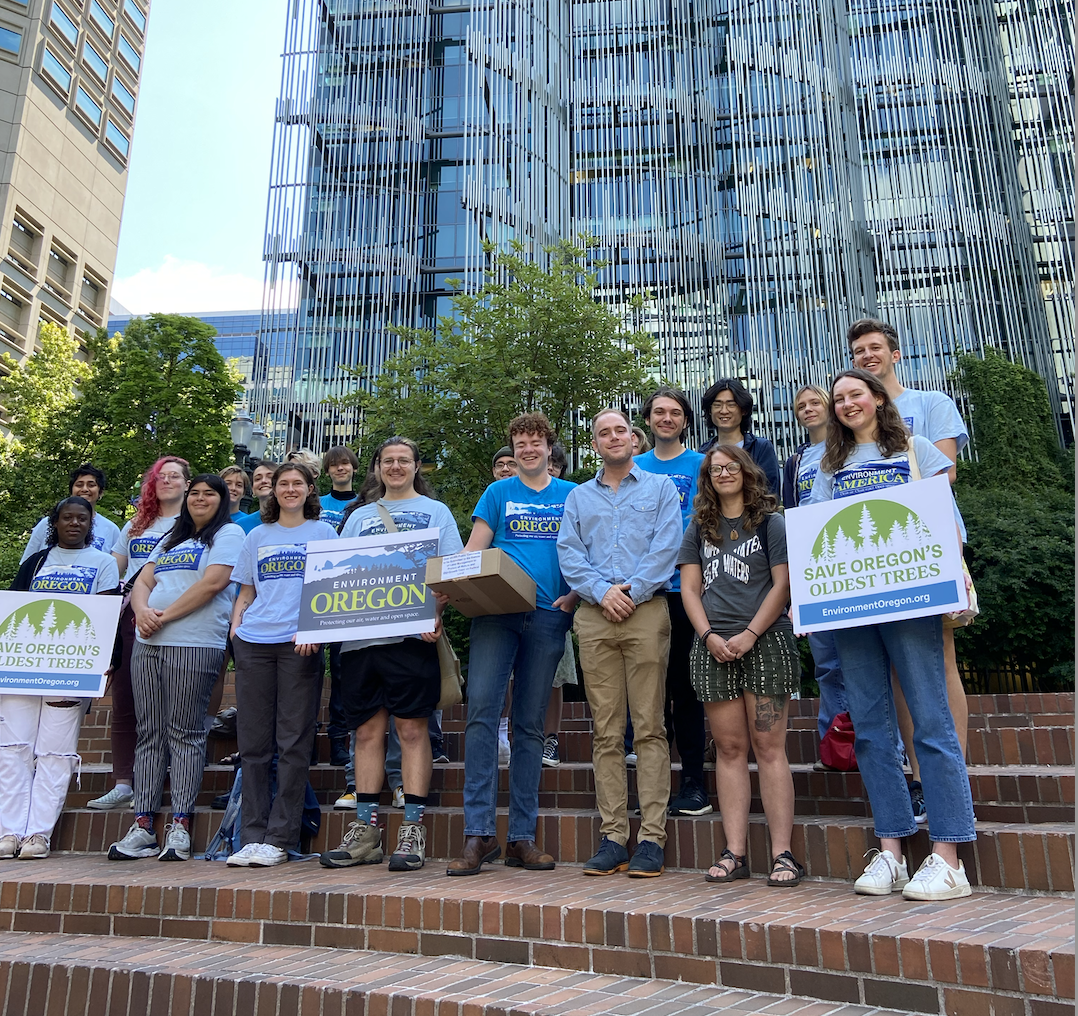
We’re hiring interns who envision a cleaner, greener world

A wave of youth ocean activism in Boston
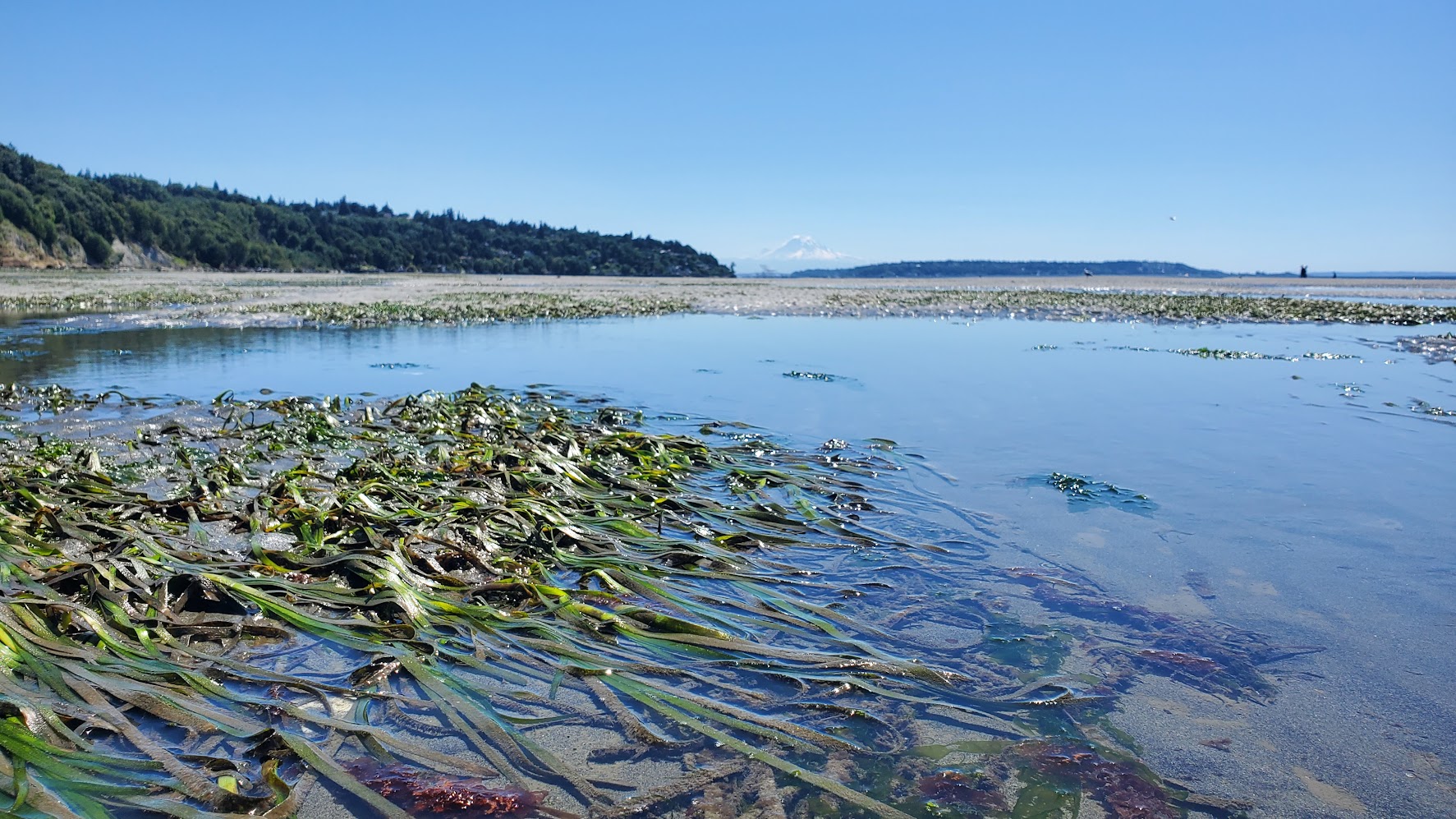
Let’s protect Oregon’s underwater forests
